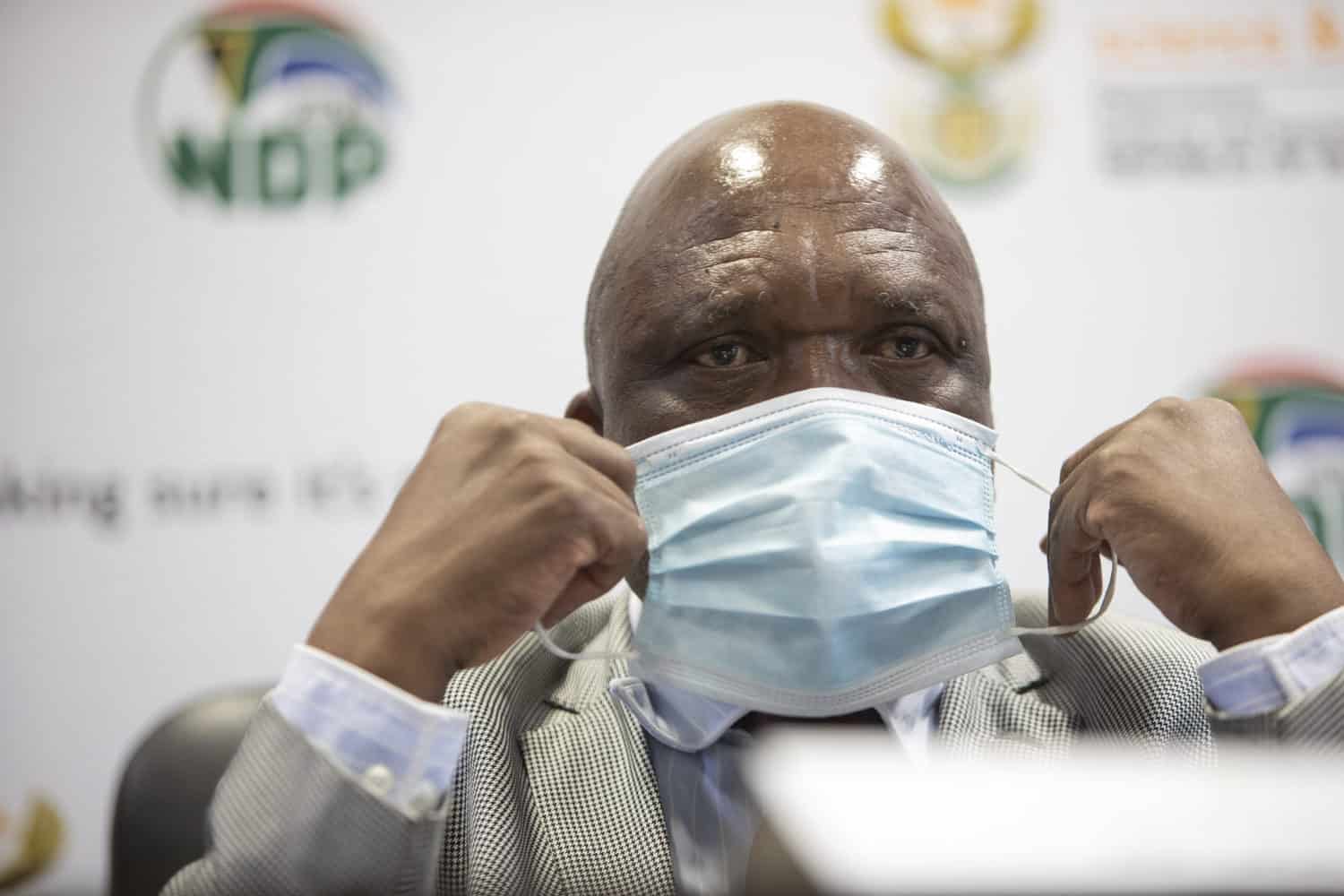Madhi described as 'ludicrous' a move to subject international travellers to a PCR test before arrival 'but not so if travelling regularly from neighbouring countries'.

Having failed to heed advice from health experts on handling Covid-19, government has taken flak for extending regulations on masking, gatherings and travel, with two leading scientists conceding that the document was poorly drafted and not fit for purpose.
In gazetting the proposed amendments in the health regulations, which came into effect this week – inviting public comment to be submitted by July – the department of health, said:
- The wearing of a face mask should be maintained when entering and being inside an indoor public place or entering a public transport;
- There should be a maximum of 50% in any indoor and outdoor gathering, provided that every attendee was vaccinated against Covid-19 – produced a valid vaccination certificate or a valid negative test result – not older than 72 hours prior to the date of the gathering.
- All international travellers arriving at SA ports of entry should be vaccinated against Covid-19 and produce a valid vaccination certificate or a valid negative PCR test result not older than 72 hours before the date of departure.
READ MORE: Mask-wearing rule stays: Health department gazettes limited Covid-19 regulations
Scoffing at the latest protocols, Professor Shabir Madhi, executive director of the Vaccines and Infectious Diseases Analytics research unit at Wits University, said they were “full of internal contradictions”.
“The regulations still focused on the pretence of preventing infections, have dismally failed in the SA context. Simply stated, SA remains on its unique mission of rehashing regulations, which have unsurprisingly failed to prevent the spread of the virus in our context.
“This is all done at the cost of further undermining economic recovery, further harming livelihoods and disrupting sporting and other events,” Madhi said about the ongoing restrictions on limiting outdoor assemblies to 2 000.
“This is nonsensical, since the safest place to be is outdoors, where risk of infection is nominal – unlike in shebeens and bars, where people drink without a mask,” he said.
Madhi described as “ludicrous” a move to subject international travellers to a PCR test before arrival “but not so if travelling regularly from neighbouring countries”.
Epidemiologist Dr Jo Barnes said it was “difficult not to come to the conclusion that the government is not really willing to listen to outside sources and will only do so when the pressure for change starts building up”.
Policy uncertainty created “the impression that the process of regulating public health to cope with Covid-19, is in disarray – further eroding public confidence and trust”.
“Government’s decision-making bodies tasked with pandemic regulations do not provide information on why they chose the particular rules and regulations – convincing us on the scientific evidence, which led to these regulations,” Barnes said.
“Over the past two years, they have never done so. “It is impossible for the health services to learn from the decision-making processes or being able launch a challenge ahead of implementation.“
The problems had to manifest themselves in reality and then petitions had to be made to the government decision-making bodies, to get the regulations changed.
“That is not a productive or positive way to prevent problems – or get buy-in from crucial staff who had to implement these.”






